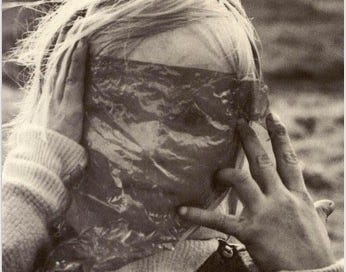Hello Writers,
I want to thank all of you who have become paying subscribers, and all of you who opened this email with an open heart. Thank you to the wonderful writer who commented and noticed the absence of this newsletter for the past couple weeks. It’s good to know it’s noticed, and I am sorry your inbox hasn’t been filled 3x a week with some inspiration.
Before we get into this morning’s revisioning, I need to admit that my neurodivergent brain cannot handle routine. Does anyone empathize? Establishing and maintaining routine has been a challenge for me my entire life. So, I’m going to keep doing morning revisionings, but they aren’t going to have a specific format or be sent on specific days. They’ll arrive a few times a week, in the mornings. I hope that’s ok. Some of them may be very short, and some may be chock-full of resources.
More than anything, I want these gentle missives to be encouraging and inspiring for you.
As a first-year PhD candidate I also want to have flexibil…
Keep reading with a 7-day free trial
Subscribe to Gathering to keep reading this post and get 7 days of free access to the full post archives.




